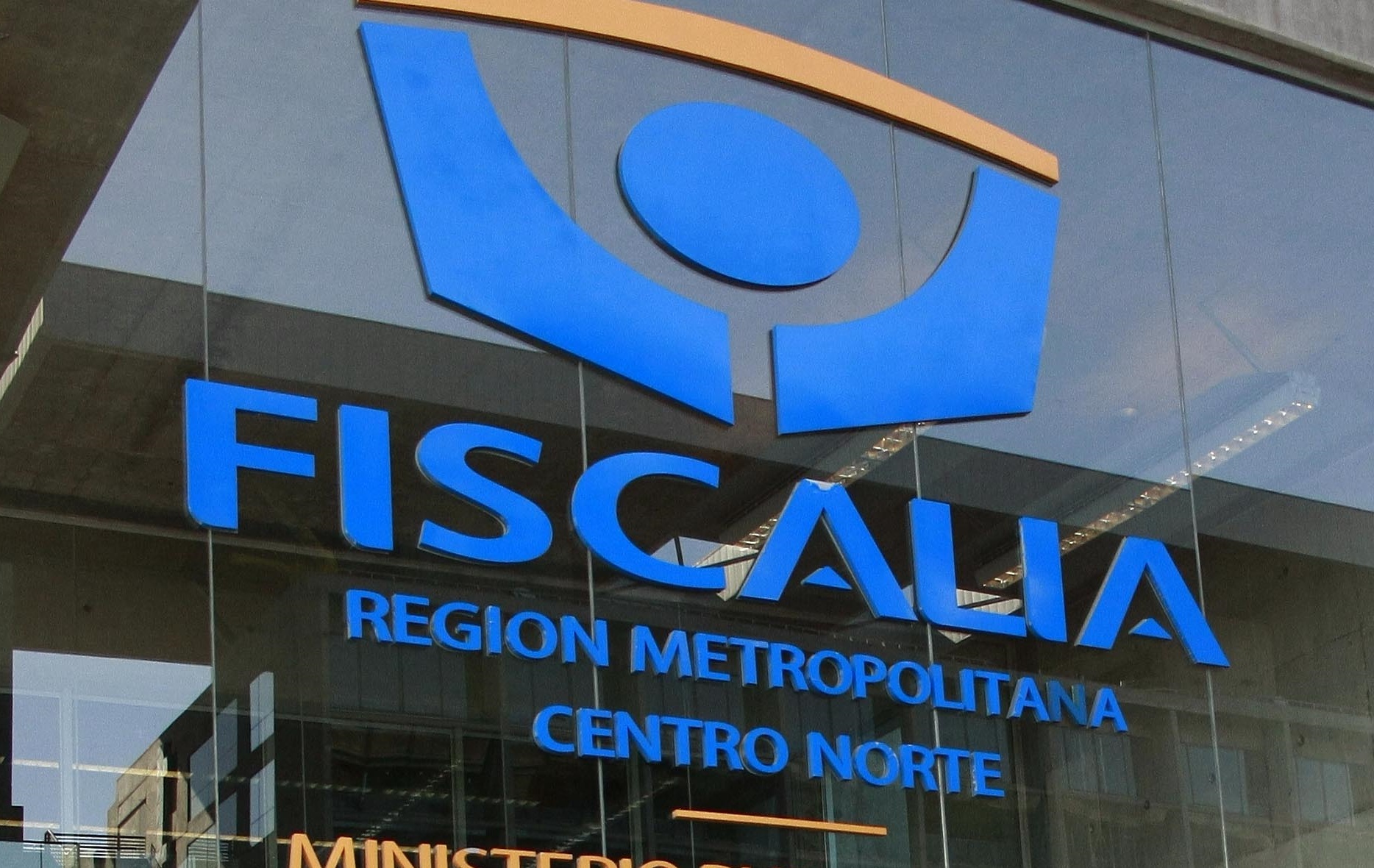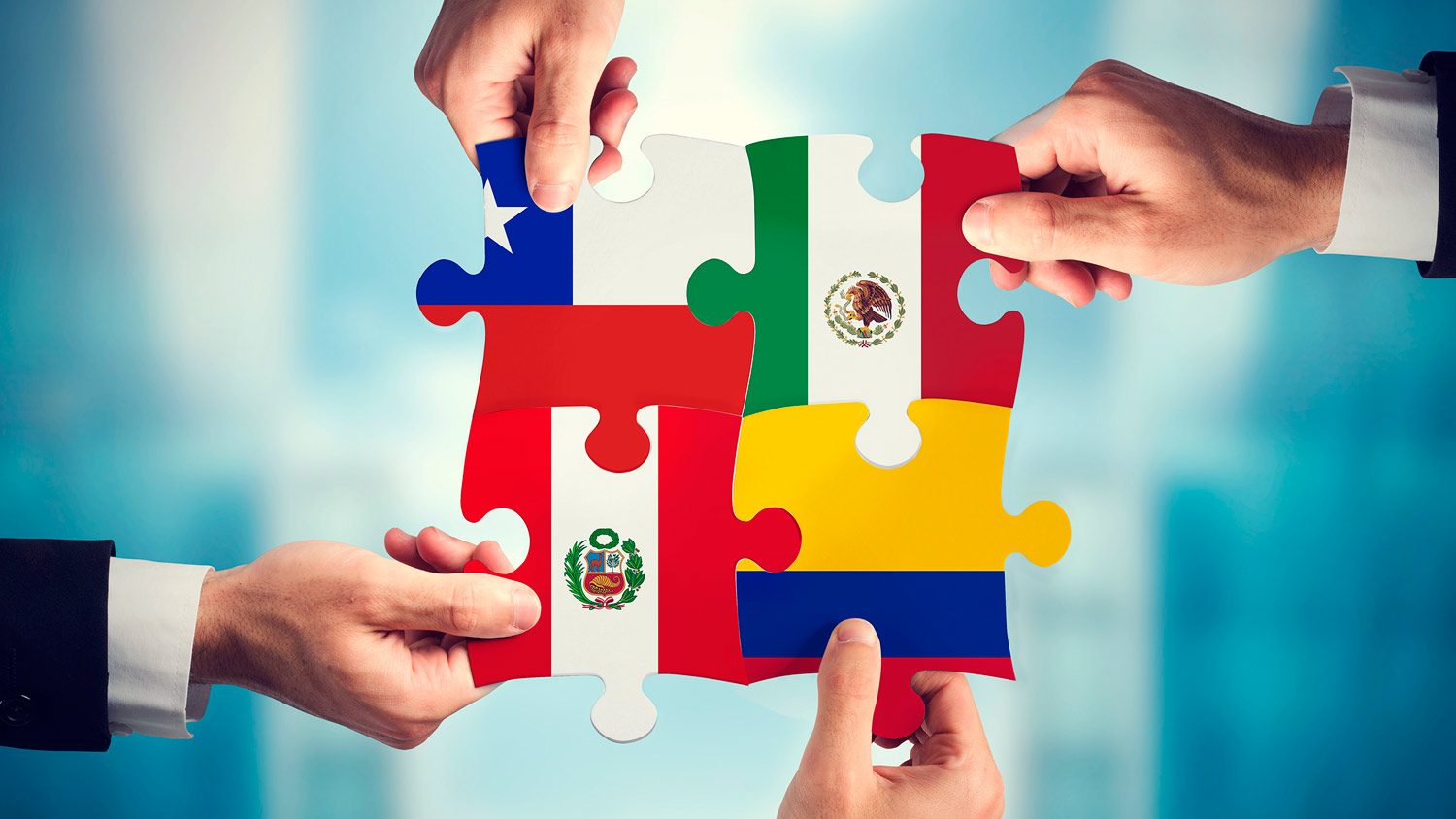Controversy over legislation on press leaks

A piece of legislation passed on March 31st limiting powers of the press and criminalizing any leaks from legal proceedings has sparked fierce debate and heated controversy nationwide at a time of ongoing probes and investigations carried out by the National Prosecutor on tax fraud cases and irregular campaign financing. The bill was part of a larger legislative package intended to secure secrecy of investigation to tackle the current increased rate of crime affecting Santiago and regions in Chile. MP's claim the secrecy of investigation is key to secure the success of investigations and protect evidence necessary to bring criminals to justice. The timing of the approval by Congress -however - has caused a national uproar from the media, social actors and the Supreme Court itself, eventually prompting MP's to retract themselves and announce publicly that such normative would have to revise again in the Chamber. Changes were consequently introduced on April 5th to guarantee a free press and avoid indicting journalists performing their jobs. Amidst the current climate of political attrition (as a result of the media digging into cases of corruption and bringing to surface the opaque irregular campaign financing as well as "ideologically" phony invoices used to evade tax) suspicions run high and seem to feed the popular thought that politicians wish an end to public scrutiny and condemnation before more cases involving political figures reach the prosecuting phase. As a result of leaks to press on corruption cases, politicians accused of irregularities in campaign financing have been forced to abandon their political allegiance while facing legal proceedings. A vibrant media has brought these figures under the public spotlight and some politicians argue they feel ill-treated by the journalists before the courts can either confirm or rule out the accusations.
As part of our weekly monitoring on our Country Risk Chile's TOP 5 Political Risks 2016, we analyze last week's parliamentary move to criminalize court proceedings leaks to the press regarding current probes carried out by the National Prosecutor. This analysis focuses on "blind justice" (Risk Nr 4) and weighs its negative impact on the already deteriorated image of politicians. In our view, the latest piece of news has further eroded confidence in politicians and their legislative role. Despite the government's initiative to reform the political system in terms of accountability, probity and a new ethics code of behavior, the bill, commonly known as Gag Law has had a negative impact and might divert attention from efforts to reform the political system. Indeed, the legal milestone that took place on April 12th in Parliament could not be totally hailed as a turning point in the way political campaigns and finance will have to be carried out in the future. The Act was announced April 12th on TV by the President Michelle Bachelet and it incorporates severe legal sanctions for those MP's breaking the law or in breach of ethical standards such as losing their seat permanently. Austerity and the elimination of giant posters in public spaces has been approved, restrictions to amounts were stipulated and private business's contributions will be banned
However, the legal move was blurred in the current climate of mistrust and lack of confidence brought by the Gag Law (Ley Mordaza) attempt. Indeed, the majority of voices last week referred to the attempt to curb free press as outrageous; prominent non-state actors came to the fore to denounce it. Chilean think tank Espacio Publico's expert and academic Mr Eduardo Engel could not be more disgusted with the news. Mr. Engel designed the backbone of reforms on political parties, renovation of leaders and sanctions on the ongoing opaque association between politics and private money at the request of Michelle Bachelet in January to strengthen the democratic rule. His proposals were mostly incorporated and transformed into a bill this week (April 12th). Mr. Engel and Espacio Público think tank have been monitoring the process since they presented their proposals - praising the progress or denouncing the MP's reluctance to adopt transparency and accountability measures to curb the private money flowing into campaigns.
The Supreme Court President, Mr Hugo Dolmestch, suggested the Gag Law would be going back to the secret of proceedings contemplated in the old legislation before the Judiciary was transformed.
CNN's political correspondent Daniel Matamala and author of the book "Poderoso Caballero" (on the latest corruption cases and disparities in Chile) twitted on April 5th "the offender is a victim" referring to the Gag Law attempt. Meanwhile, academic and influential opinion leaders such as Mr. Mario Waissbluth expressed high tone remarks on the issue. For Mr. Waissbluth, this was the greatest token of continued poker face attitude and being out of tune with the sentiment of the citizens who wish to see cases reach the courts and maintain an informed opinion.
Que Pasa magazine even referred to the newly-appointed National Prosecutor, Mr. Abbot as trying to impose the "doctrine of silence" over cases that might well be treated administratively in the way of tax rectifications, etc. The article suggests that if such doctrine was actually masterminded or planned, it had just failed to pieces last week amidst the rejection of a series of prosecutors who announced on the media they would press for indictment in clear cases of fraud even if the National Service Revenue (SII) did not file a legal complaint. Let us remember that according to Chilean law, for a tax fraud case to reach the courts, the SII must weigh the evidence brought by the Prosecutor and decide to sue or not. Only then, the National Prosecutor can start legal proceedings.
The uproar reached the pages of the New York Times magazine which discussed the gag law and the latest cases of corruption.
This week we have heard of a new initiative to stop the press from informing on probes regarding high profile cases of terrorist activities in the south of Chile, where a long-standing ethnic dispute has surfaced again, as police had captured 11 alleged perpetrators of what has been the worst case of violence in the Araucania Region with the Luchsinger case. The cases of violent activities - carried out by a minority of the Mapuche ethnic community - is claiming damage to property in the hands of forest companies, farmers, and the Evangelical churches which have been torched lately.
Again controversy has been sparked and criticism comes from Prosecutors and the Supreme Court highlighting that this legislative initiative is inconvenient and does not help to restore confidence in an already eroded political class increasing the doubts on their ability to invigorate its prestige in the Chambers.
April 14 2016, Soledad Soza
